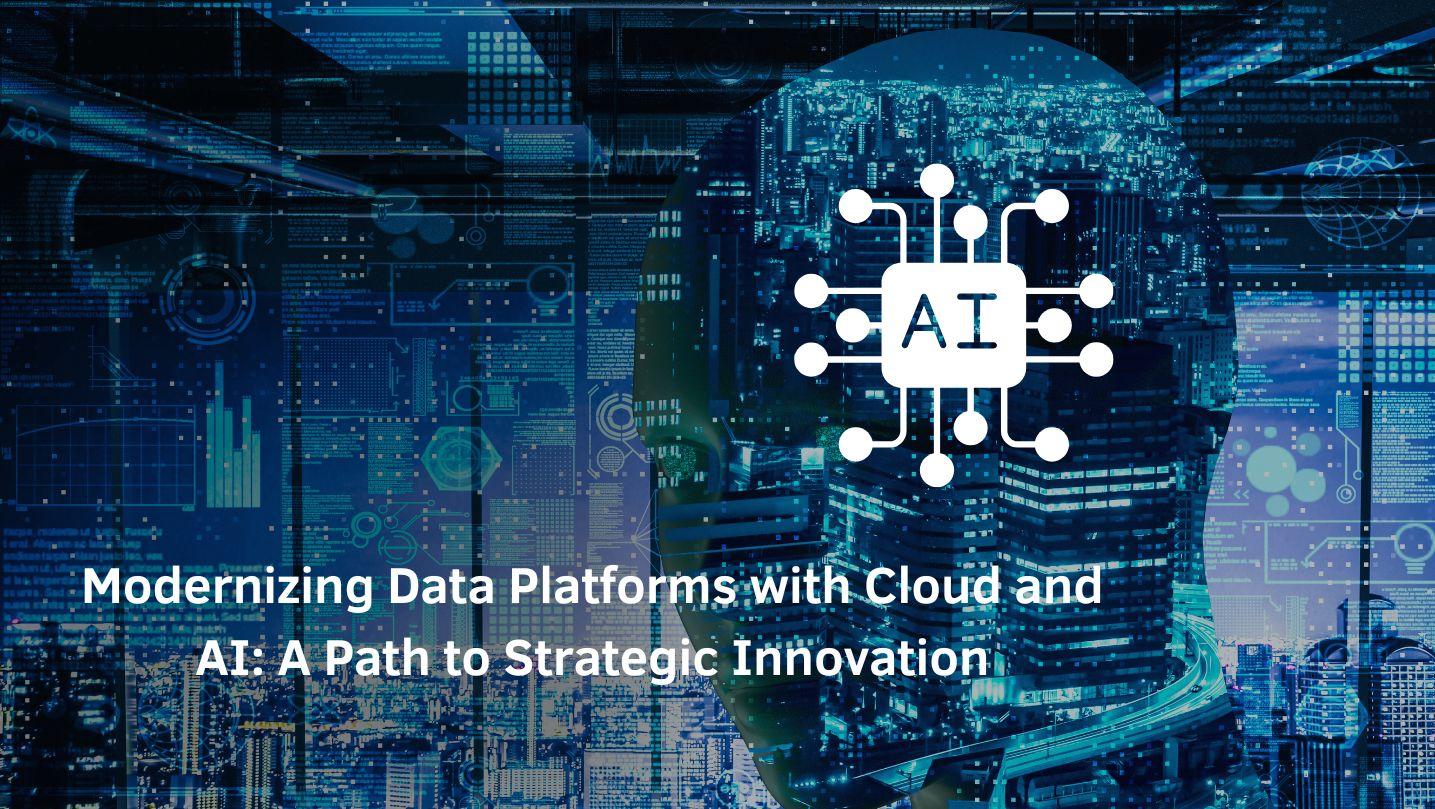In an era dominated by digital transformation, organizations are increasingly turning to cloud computing and artificial intelligence (AI) to modernize their data platforms. Simi Abdul Shukkoor explores this shift and its powerful implications for business growth and operational efficiency. As businesses face growing data demands, the integration of AI with cloud technologies has become critical, offering unprecedented opportunities for innovation and scalability.
The Transformation of Data Ecosystems
As the digital landscape evolves, businesses recognize the critical need to modernize their data platforms. Traditional on-premises infrastructure, though reliable, is no longer adequate to support the growing demands for scalability, agility, and real-time data processing. Cloud computing, powered by AI, offers a robust foundation to transform these platforms. By migrating data systems to the cloud, businesses can enhance operational agility, reduce costs, and enable more informed, data-driven decision-making. This shift not only streamlines processes but also allows organizations to tap into new opportunities, improve efficiency, and stay competitive in an increasingly fast-paced, data-centric world.
Cloud and AI: Unleashing Innovation and Scalability
The core of this transformation lies in the fusion of cloud-based platforms and artificial intelligence. Modern cloud solutions offer scalability and flexibility, enabling organizations to handle vast amounts of data efficiently without the limitations of traditional systems. With AI, companies can enhance their analytical capabilities, processing data faster and more accurately than ever before. This technological convergence is reshaping industries, driving innovation by allowing businesses to experiment, deploy, and scale their data operations more effectively.
Incorporating AI into cloud platforms offers significant cost savings, reducing the need for large upfront investments in physical infrastructure. This shift from capital expenditures (CapEx) to operational expenditures (OpEx) models helps companies optimize their spending, aligning IT costs with actual business outcomes.
Enhancing Performance through Modernized Data Platforms
One of the most notable advantages of cloud migration is the dramatic improvement in performance. Organizations leveraging modern data platforms report significant reductions in data processing latency and an increase in analytical query performance. These improvements enable businesses to make quicker, more informed decisions in real time, which is crucial in today’s fast-paced market environments.
Moreover, the integration of AI and machine learning capabilities within cloud infrastructures further boosts the processing power of these platforms, helping organizations extract actionable insights from data more effectively. This increased efficiency and speed foster a more agile and competitive business environment.
Overcoming the Challenges of Modernization
While the benefits of cloud and AI integration are clear, the journey toward modernization is not without its challenges. Security concerns, regulatory compliance, and the complexity of legacy systems are significant obstacles that organizations must navigate. As companies migrate their data to the cloud, they must ensure robust governance and implement strict security measures, such as zero-trust architectures, to protect sensitive information from emerging cyber threats.
Additionally, organizations need to address the skills gap in managing modern data platforms. A clear strategy for training and upskilling employees, as well as leadership commitment, is essential for ensuring the success of the transformation.
The Future of Data Platform Modernization
Looking ahead, the integration of AI and cloud technologies will continue to evolve, with companies adopting increasingly sophisticated models like data mesh architecture. This decentralized approach to data management, which treats data as a product, empowers domain teams to take ownership of their data, leading to faster decision-making and better cross-functional collaboration.
Furthermore, the development of autonomous data platforms, which use AI to optimize performance and security automatically, promises to further reduce operational overhead and improve data utilization. These advancements will likely redefine how businesses manage and extract value from their data, making real-time, data-driven decision-making the norm.
In conclusion, the modernization of data platforms through cloud and AI integration offers businesses significant strategic advantages. By embracing these technologies, companies can unlock new levels of scalability, cost efficiency, and innovation. However, successful transformation requires careful planning, governance, and a commitment to adapting organizational processes. As highlighted by Simi Abdul Shukkoor, organizations that leverage cloud and AI technologies will be well-positioned to thrive in an increasingly competitive and data-driven world.



































